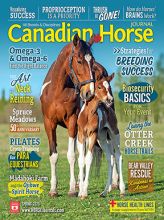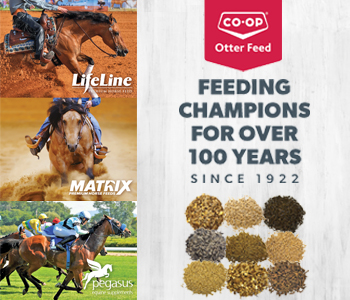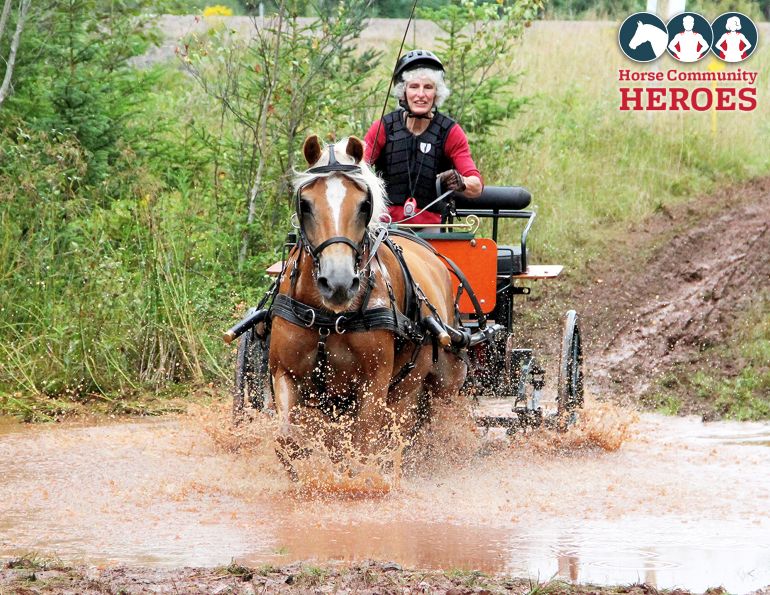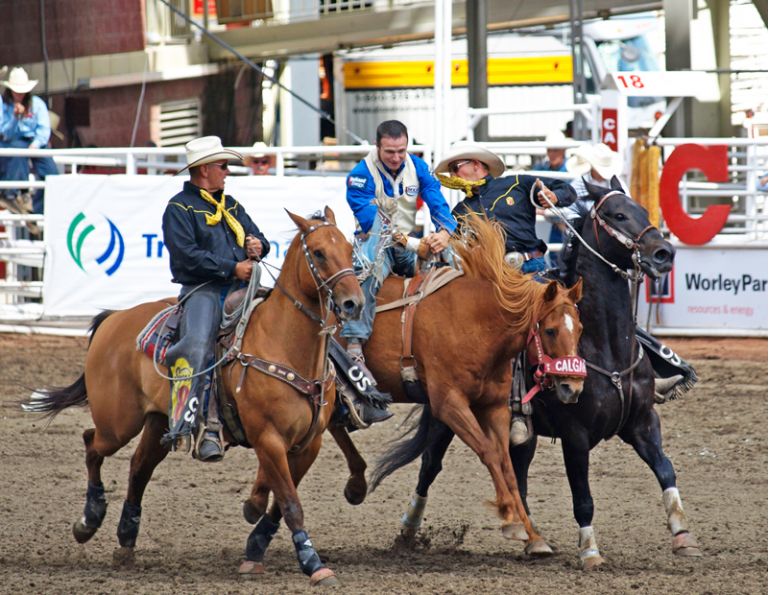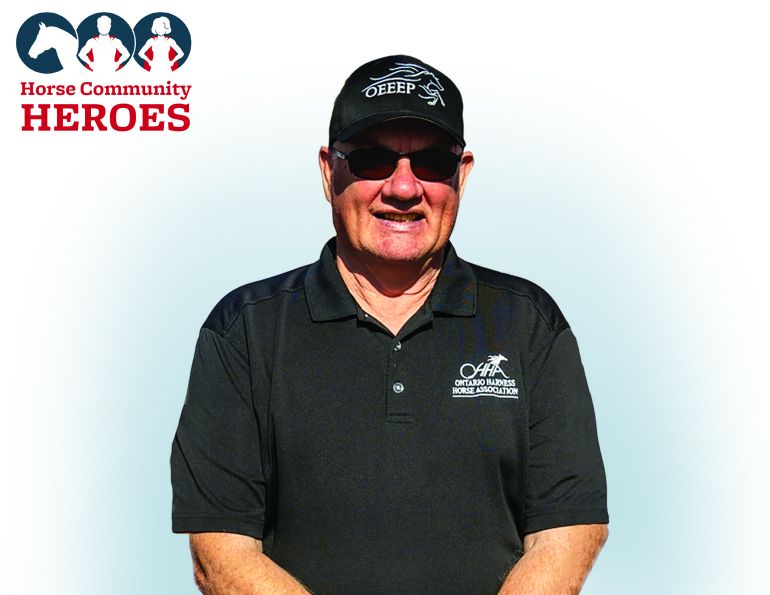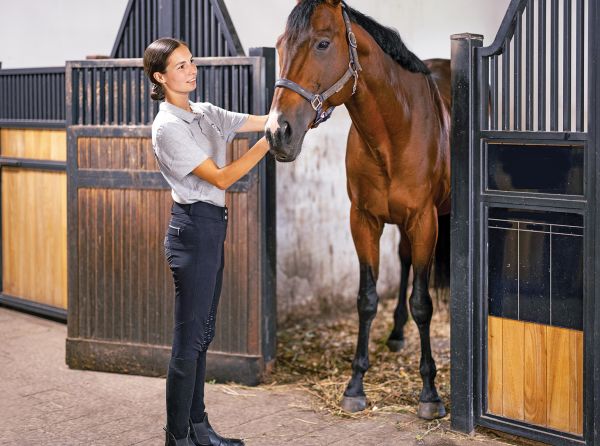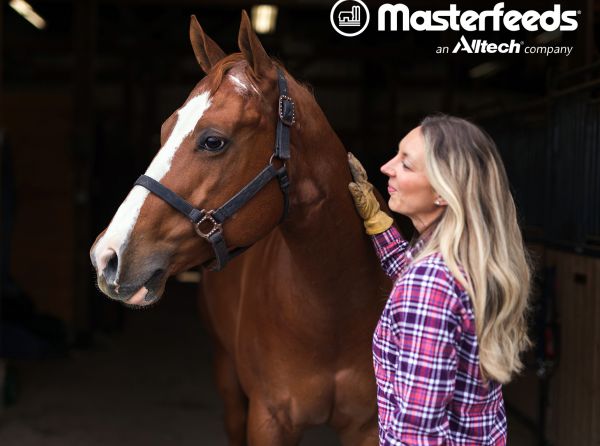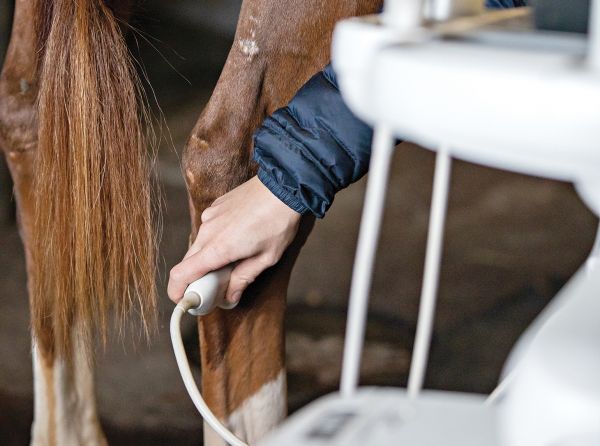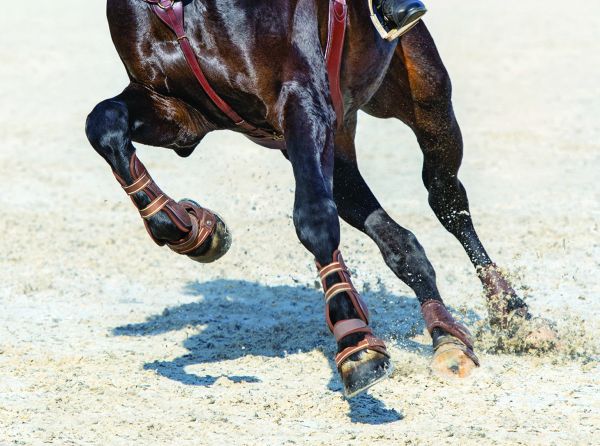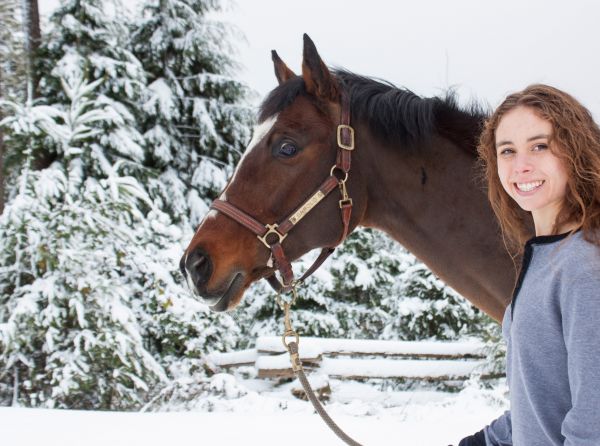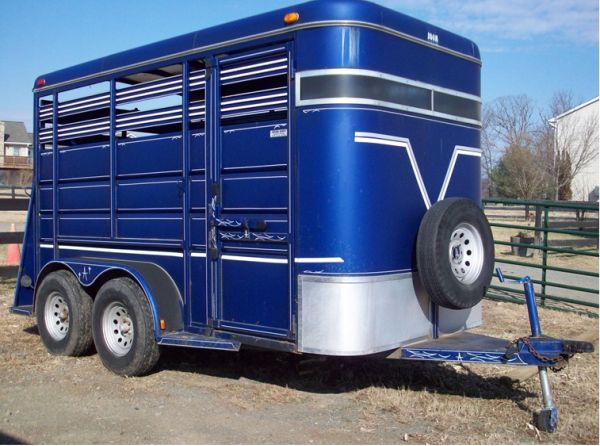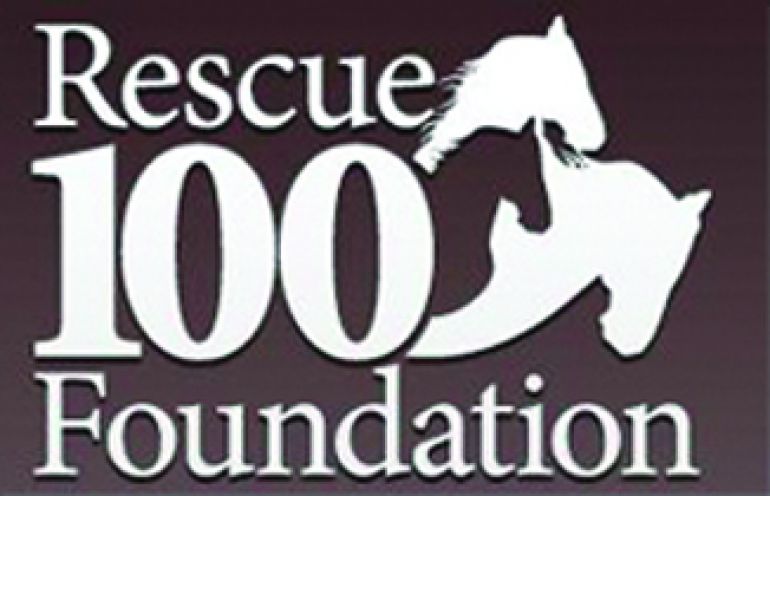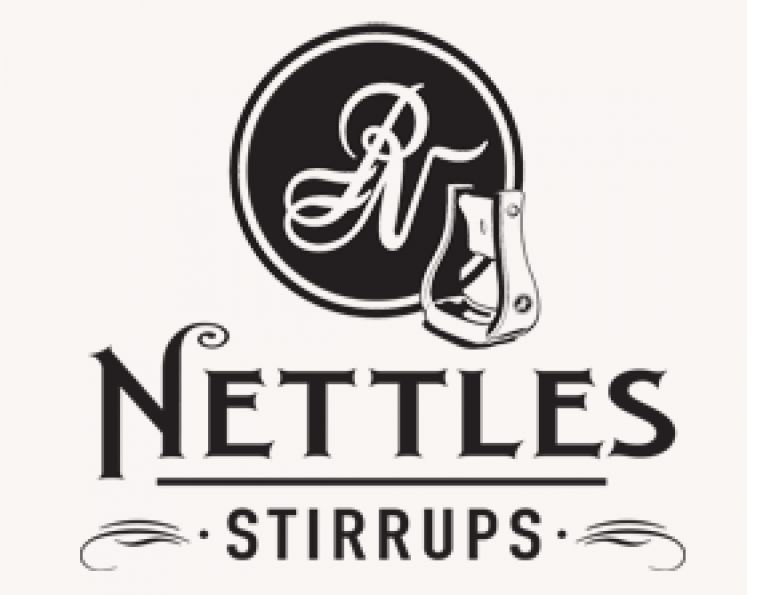By Margaret Evans
Job Description: Draft horses guided by riders pull baskets through the surf to harvest sea plants from ocean beaches.
Did you know that on the east coast of Canada, horses pull baskets through the surf to harvest sea plants from ocean beaches?
Former dairy farmer Joe Dorgan, founder of North Atlantic Organics (NAO) on Prince Edward Island, was interested in sea plants (marine macro-algaes and seaweeds) for their nutritional benefits for animal health and as a valuable fertilizer. He converted his 160-head commercial dairy herd to organic food but he was really challenged to find the quality sources of organic material.
Working with his nutritionist, Joe experimented with sea plants from the shores of PEI. They developed a supplement for the dairy ration and found that cattle loved the taste. Not only did the overall herd health improve, but milk production increased and the cattle showed improved conception rates.

Draft horses pull baskets through the surf to harvest sea plants from ocean beaches. The plants have nutritional benefits for animal health and as a fertilizer.
Dorgan retired from dairy farming in 2011 and devoted his time to pursuing his passion for sea plants, joining up with Garth Jenkins and Floyd Shea to form North Atlantic Organics. Over the next few years, they perfected the production process and received regulatory approval for commercial distribution of their mineral supplements under their Atlantic-Gro label.
“We are committed to reducing our carbon footprint,” Dorgan writes on their website. “Sea plants are hand harvested on the shores and the material floating in the intertidal water column is harvested by draft horses towing baskets.”
He said that approximately 100 to 150 horses are used over a 50-kilometre stretch of beaches during the harvest season. The horses are owned by local people who are employed by NAO as the season gets going. When harvest is in full swing as many as 125 people with their horses and baskets may be on the payroll.
All the horses are draft horses and, after a couple of hours of training, they can be worked for as many years as they are comfortably able.

During harvest season, up to 150 horses over a 50-km stretch of beach can be found gathering four kinds of marine algae in their baskets.
“The horses enjoy the work,” says Dorgan. “They like being in the water, they are clean and healthy and really well looked after. An average day is five to six hours and up to 20,000 kilograms can be harvested in one day. Harvest can run from April to December depending on weather.”
Related: Horses with Jobs: Barge Horses
The sea plants harvested by the horses have been naturally dislodged by tidal and wave action, but more effectively by storms.
“The storms bring in the sea plants so we really follow the storm paths,” says Dorgan.
The horses gather four different kinds of marine algae in the baskets, including Laminaria (kelps), Fucus vesiculosus (rockweed), Furcellaria lumbricalis (Foofoo) and Chondrus crispus (Irish Moss). When full, the baskets are pulled onto the beach and emptied before the horses go back into the waves to gather more. Meanwhile, the harvested sea plants are processed over a shaker table and a pneumatic screen to remove sand and debris. They are sun-dried and the material is then milled to a consistent dry flake texture for ease of feeding or application to the land as fertilizer.
For more information, visit: www.naorganics.com.
Photos courtesy of North Atlantic Organics.


